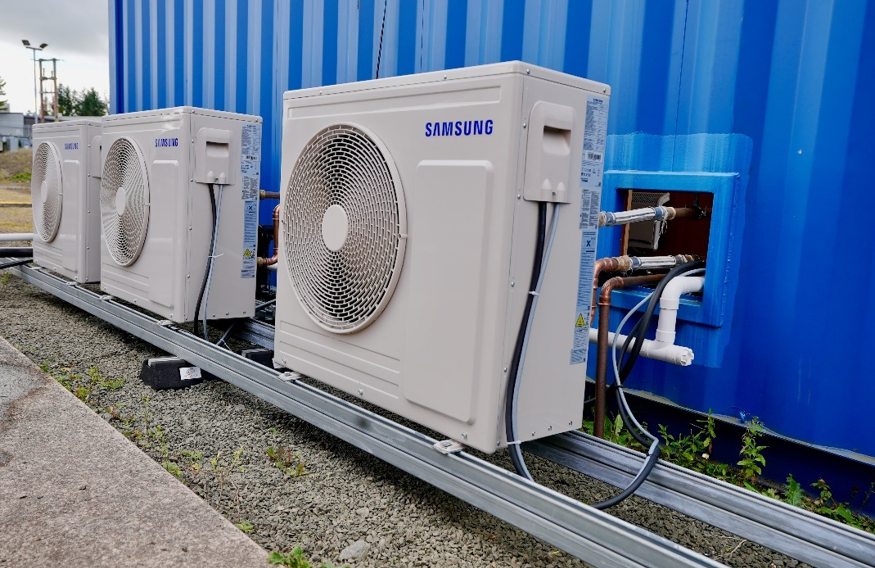A new generation of electric vessels could power London’s energy network, generating income for vessel operators and reducing emissions in the capital.
The Electric Thames project, a collaboration between UK Power Networks, LCP Delta, and Marine Zero, is assessing the viability of using electric vessels to feed stored electricity back into the capital’s energy network.
Using a principle similar to night storage heaters, battery-powered vessels on the Thames could store green energy when it is cheap to do so, such as when the wind is blowing or sun is shining, and feed it back to the grid during peak electricity hours. The approach could help increase the capital’s flexible energy capacity and reduce peak electricity demand.
The project, which is in its initial ‘discovery’ or scoping phase, funded via the Ofgem Strategic Innovation Fund, will conclude at the end of May 2024.
Most of the boats, quaysides, and ports operating on the Thames, which supports a busy freight sector as well as eight million passenger trips per year, currently rely on fossil fuels. This is starting to change, however, as the river's economy decarbonises in response to climate change and net zero ambitions. But as increasing numbers of Thames vessel and quayside operators move to electric power sources, there is limited understanding about how the shift will affect the capital’s power network and peak power demands.
© 2019 Perspective Publishing Privacy & Cookies







Recent Stories